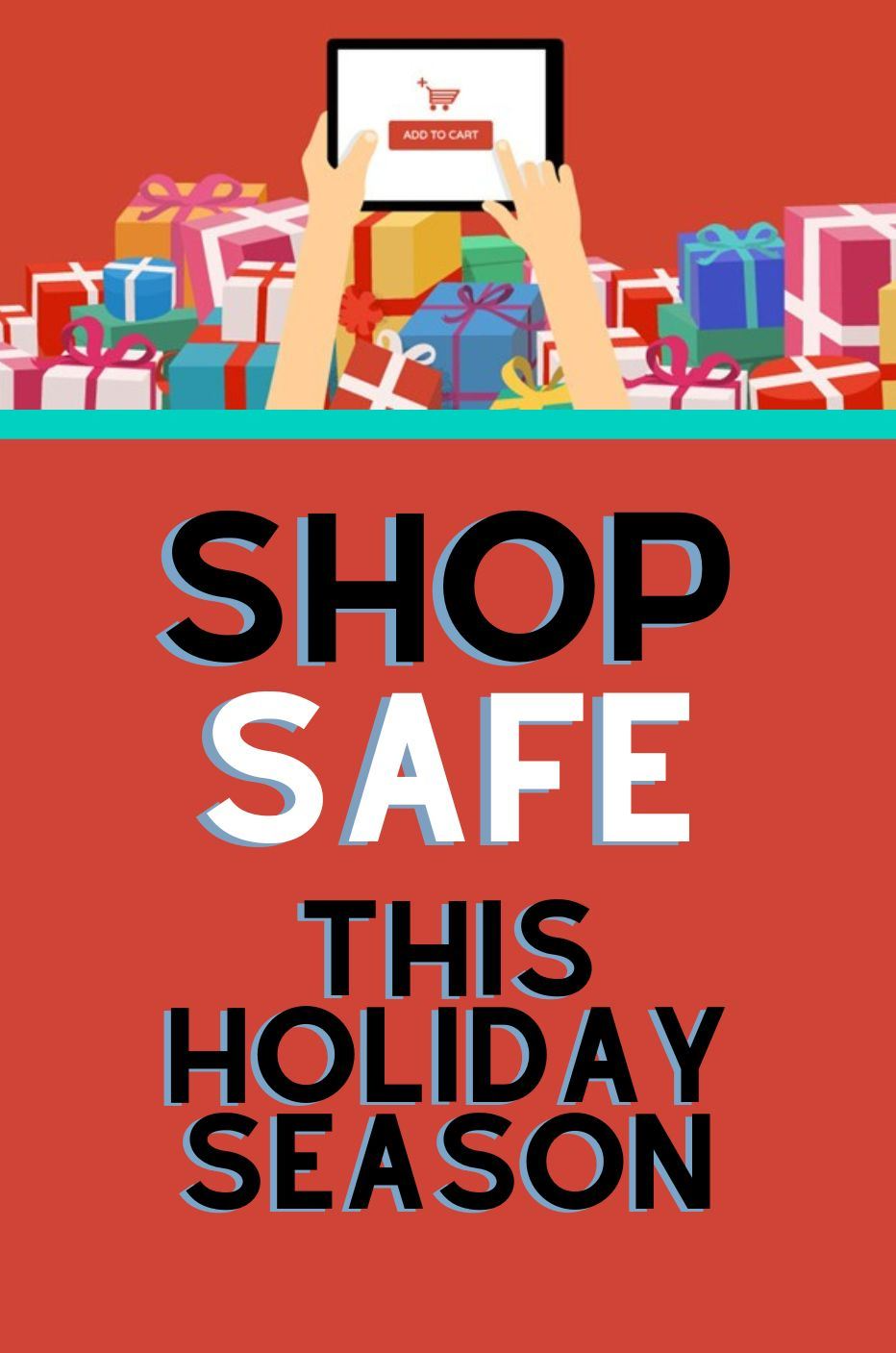
Avoid Using Public Wi-Fi
- While using public Wi-Fi is convenient, it is not secure.
- Public Wi-Fi does not protect your sensitive data, & cyber attackers may access your personal & financial information.
- Avoid public Wi-Fi at all costs while purchasing & placing orders.
- Ensure that “connect automatically” is disabled in your Wi-Fi settings.
While shopping & making payments, verify the following:
- The internet connection is secure. If you are required to provide a password to access a Wi-Fi network, this will indicate that the communication between your device & the Wi-Fi is encrypted.
- Payment sites should begin with “HTTPS.” Avoid making any payments to sites that do not have the “s” after the “HTTP.”
- The site has a padlock symbol in the URL bar. This means the information between your browser & the server is encrypted.
- Be cautious with offers that look too good to be true.
- Stop & think before you click & take any action.
It is safer not to use debit cards since they are directly related to bank accounts. Use credit cards instead; they offer many protections to users:
- Credit card companies will stop payments that look fishy.
- They may call customers to check if transactions are valid.
- Users can dispute all invalid charges with credit card companies, & these providers will generally nullify all suspicious charges.
- Resist the urge to open emails right away. Check who the email is from.
- Be cautious when emails look too good to be true. They may be scams to get your information.
- Make sure you know what you are buying & what you are paying for.
- If in doubt about the site, google the company name.
- Keep track of your credit cards & accounts, especially during the holiday season.
- Monitor your transactions to check if they are valid & legit.
- If something looks suspicious, reach out to the customer service departments of the credit card companies &/or banks involved.
- Refrain from clinking on links from unknown text messages.
- Protect your smartphones with password & anti-malware software.
- Do not save credit cards, passwords, payments, or any other information on the site.
- Make sure to update your laptop software regularly.
- Scan your computer for malware at least weekly.

 Alerts Sign-up
Alerts Sign-up